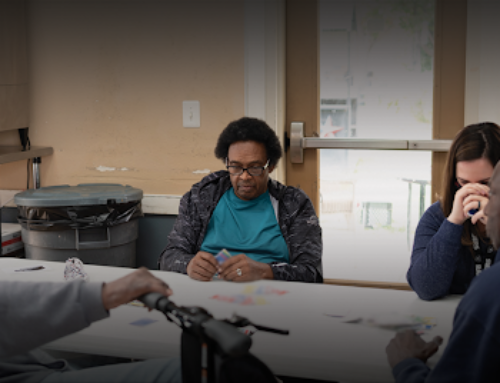Maintaining your physical health as a veteran isn’t always as easy as it sounds.
When you were in the military, you were exposed to more than the average population. Your knees, back, and shoulders have been through a great deal in your military life — from ruck marching, wearing body armor, sleeping in austere conditions, or even jumping from airplanes!
The “walk it off” mentality was also pervasive in the military. When we were injured or in pain, we sought quick and effective care which allowed us to return to work. We were expected to “suck it up” in terms of pain or discomfort during that process. That may not serve us well after leaving the military.
The rate of knee, back, and shoulder conditions for veterans is far higher than the American population at large. These conditions can prevent you from working out after leaving the military. We all know how that can lead to weight gain and eventually more serious health conditions.
Three Keys to Maintaining Physical Health
That all sounds horrible, right? Are we doomed as veterans to be unhealthy and broken in general? Not at all. We simply must remember the three keys to physical health, and we will be on our way to good health that supports a healthy life. Let’s go over these three keys.
 Stay Active
Stay Active
Are injuries from the military preventing you from running or doing other forms of cardio? That doesn’t mean an active lifestyle is a lost cause. Work with your medical care provider to determine exercises you can do regularly, whether that means walking, swimming, or other low-impact activities. Once you’ve established exercises you can do without worsening existing injuries or conditions, you are on your way to enjoying the benefits of regular exercise and eliminating the threats of a sedentary lifestyle.
Watch Your Weight
Those weigh-ins back in the military provided some very clear motivation to stay trim during your time in service. Maybe you didn’t even have to worry about weighing in because it was easier for you to stay trim in the military because of your activity level. Things can be different after transitioning out of the military either way. It can be harder to eat healthy, and scheduling time for exercise can be a challenge. Make sure to balance your new active lifestyle with nutritious fuel. Being active is great, but it’s impossible to burn off the calories of a bad diet as you get older. Maintaining awareness of your diet and eating appropriately to stay at a healthy weight will greatly reduce your chances of stroke, heart attack, and the development of diabetes.
Regular Visits to Your Primary Care Provider
An average young person in good health may only need to see their doctor once a year. As a veteran with more wear and tear on your body, and more changes happening after your transition, it’s a good idea to get in to see your primary care provider at least every six months (more if you are dealing with an acute condition or treatment). Use your VA healthcare benefits or Tricare if you are a retiree to stay up to date on all screenings and tests.
At Nation’s Finest, we prioritize the health of the veterans we serve along with their housing and employment needs. If you or a veteran you know needs assistance in managing their health and wellness or accessing veteran health benefits, we can help! Contact 1-833-468-9676 or find a Nation’s Finest location near you.


